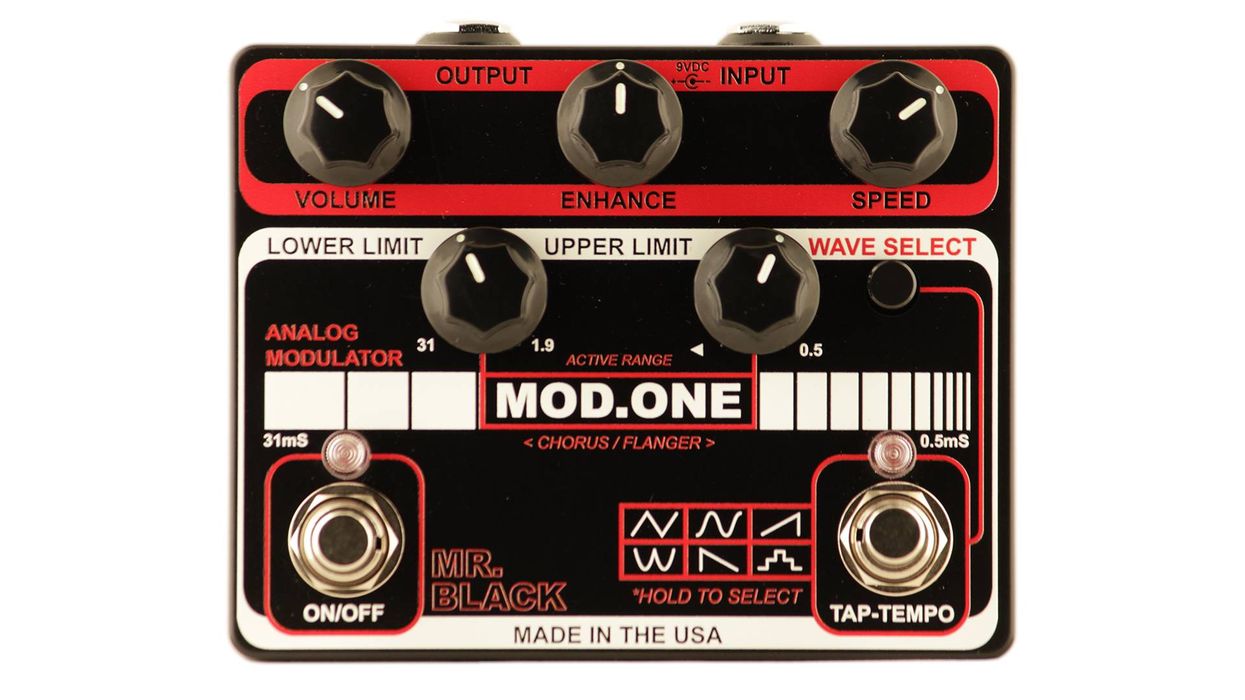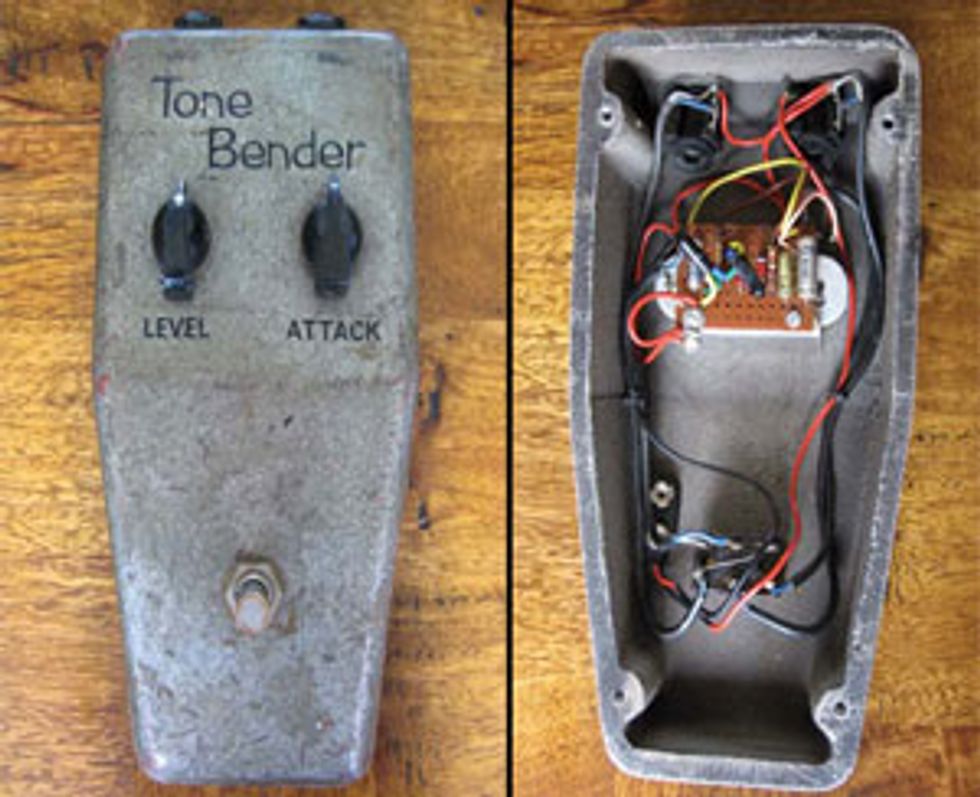
LEFT: The humble Tone Bender played a key role in ’60s psychedelic rock, and it’s no less useful today. RIGHT: What’s inside? Two knobs, a few components, and a lot of soul.
A day can’t seem to pass without -headlines blaring the most recent portent of global economic doom. People losing houses, governments going bankrupt and a myriad of other signs that as a species we’ve perhaps invested in a flawed way of existing. The idea that there will always be more—that the next new thing will be bigger, bolder, and better—has set us up to consume more and more goods we don’t need.
However, as guitar players and gearheads, we can take a little solace in the fact that perhaps we aren’t quite as entrenched in the disposable 21st century as some of our non-musical contemporaries. Our breed is a little different: We covet old equipment! Our fixation with vintage gear is testimony to that fact.
We utilize old technology—valve amplification, analog electronics—because to our ears, it sounds better. Added to that is the glorious feeling of playing through something that has some history. Are we going to throw away that mid-’60s blackface Fender Deluxe Reverb just because the output transformer needs replacing? No, we most certainly are not. Instead, we go out of our way to find the most trustworthy, recommended, and experienced amp service guy we can, and only grudgingly allow this individual temporary possession of our beloved but broken baby, so he can work his magic and have her singing once again. This is a responsible approach.
We’re bombarded with advertising telling us that we need this amp or that pedal so we can sound like player X. I thought it might be fun to examine a couple of epic, world-changing tones that were cajoled from surprisingly humble and unexpected sources.
Our first port of call is Jimmy Page and Led Zeppelin—the band’s debut album. When we think of Page, the iconic imagery of the low-slung Les Paul into a squadron of Marshalls spring to mind. Except that’s not what he used for this album. The majority of it was down to one Telecaster, a fuzz pedal, a wah, and his modified Supro combo that had a single 12" speaker and delivered about 25 watts of power.
Now, the theory is that since the amp originally had two 10" speakers, which someone had replaced with a 12", a decent chunk of Page’s magical sound was a result of him pounding the 15-watt 12" with 25 watts of tube power. The cost of swapping speakers would have been pretty minimal, but the tonal dividends can be heard every time you listen to “Communication Breakdown.” The sound that Supro produced— coupled with Page’s comprehensive understanding of mic placement—generated some of the most iconic tones imaginable. All this from what can fairly be described as a practice amp, which is food for thought.
Keith Richards offers another example. Contained in his autobiography is an amazing revelation: He recorded song ideas in hotel rooms by playing his acoustic guitar into a little portable cassette recorder. He then took the cassette rig to the studio, attached an extension speaker to the recorder, and mic’d that cabinet. “Jumpin’ Jack Flash” guitar sound? There you have it. “Street Fighting Man”? Boom—no big brand amps, electric guitars, or even pedals! Just an acoustic guitar naturally overloading the internal mic in a cheap Phillips cassette recorder.
Often many of us get a little lost in the tools, rather than the finished art. When you listen to “Communication Breakdown” or “Jumpin’ Jack Flash,” what do you hear? Wonderful guitar tones. The tools used to achieve these tones are not what you necessarily expect, but the proof is in the pudding.
So, go forth and keep on loving your gear. By repairing and maintaining your equipment, you’re doing the planet a favor! Your homework is to describe the most off-the-wall way you’ve gotten an absolutely killer guitar sound. Send entries to us at offthewallguitartone@live.com and I’ll award a Red Witch Medusa to the most interesting tale. Until next time, rock on.
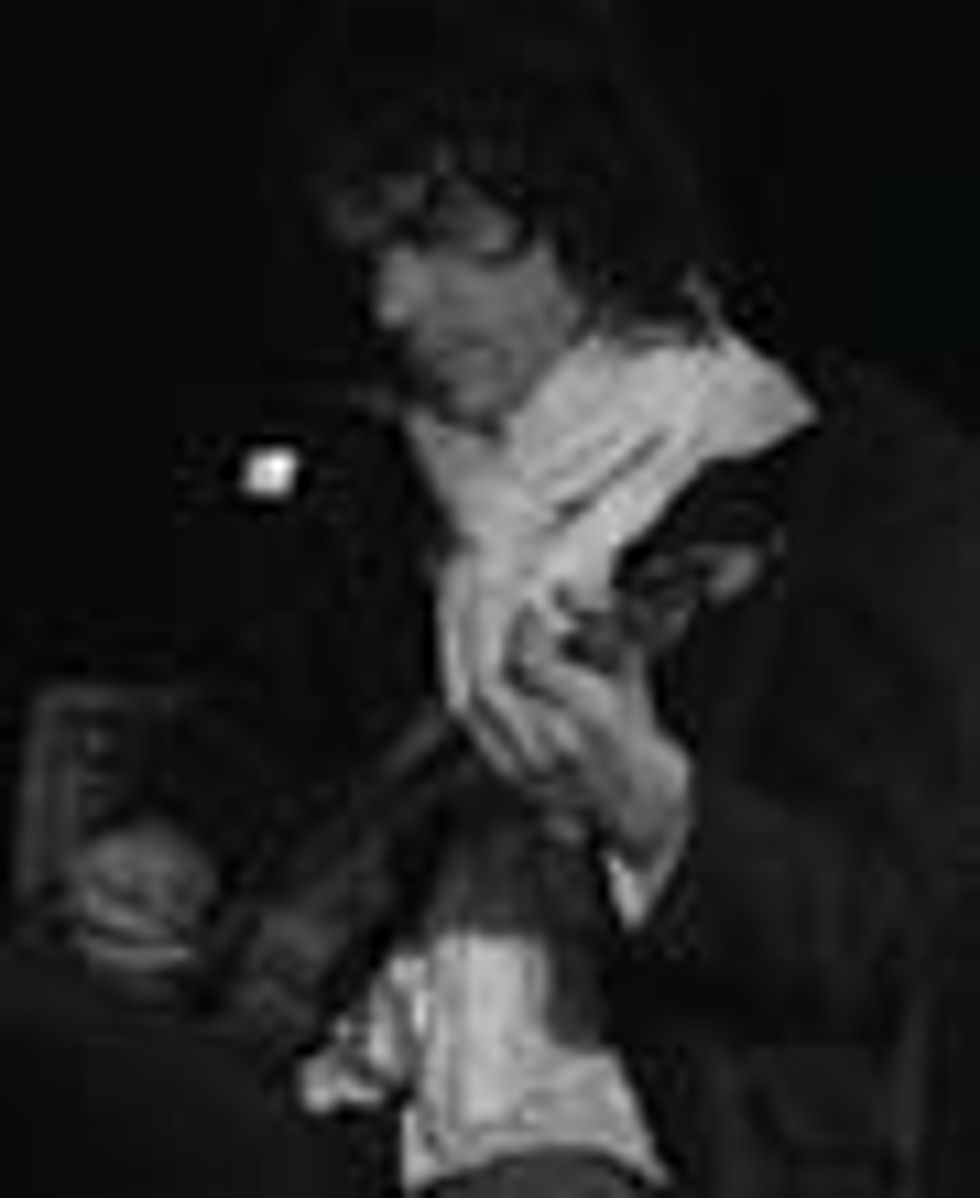 Ben Fulton
is a Libran.
He likes long walks on the
beach and loves watching
the sun set. He likes
going out dancing but is
just as happy to cuddle
up in front of the fire with
a good movie and glass of Pinot. He also
is the CEO and head designer at Red
Witch Analog Pedals.
Ben Fulton
is a Libran.
He likes long walks on the
beach and loves watching
the sun set. He likes
going out dancing but is
just as happy to cuddle
up in front of the fire with
a good movie and glass of Pinot. He also
is the CEO and head designer at Red
Witch Analog Pedals.







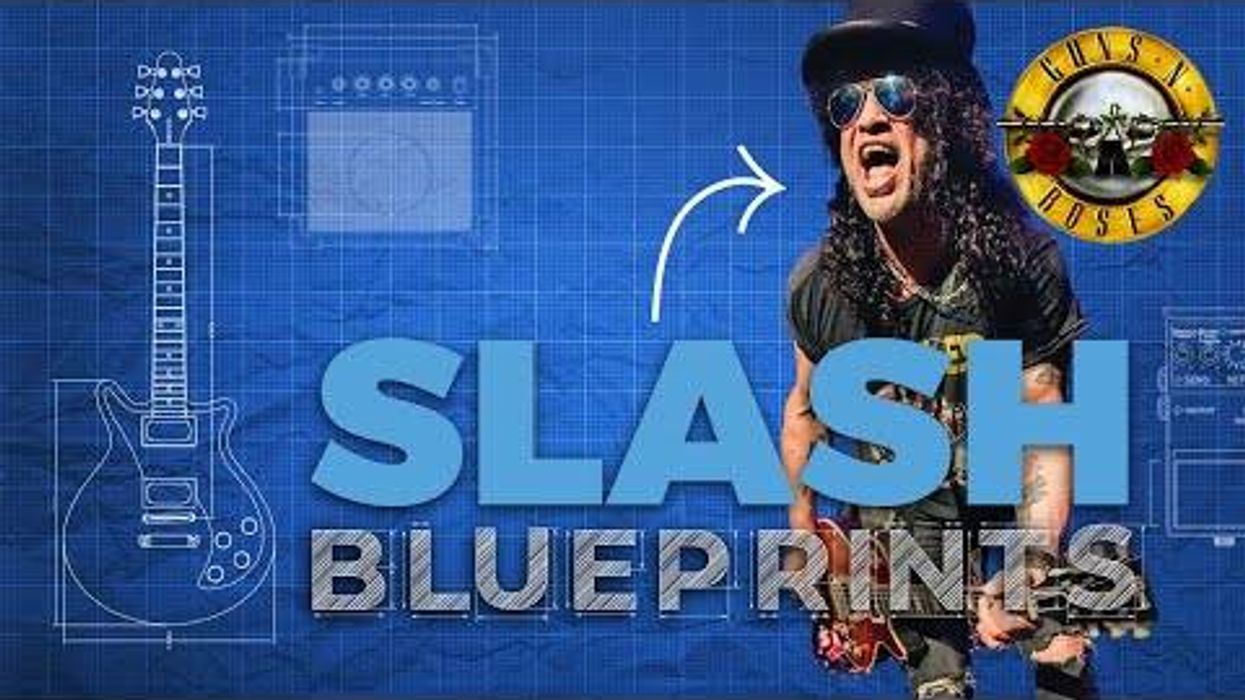

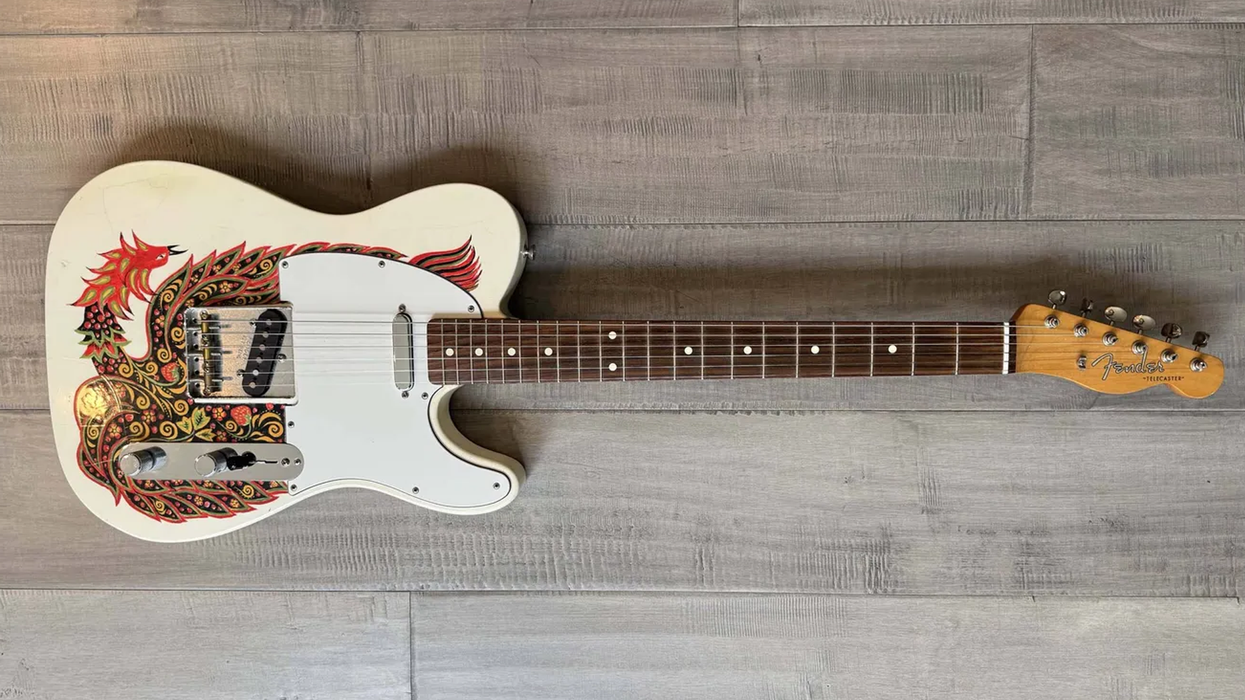
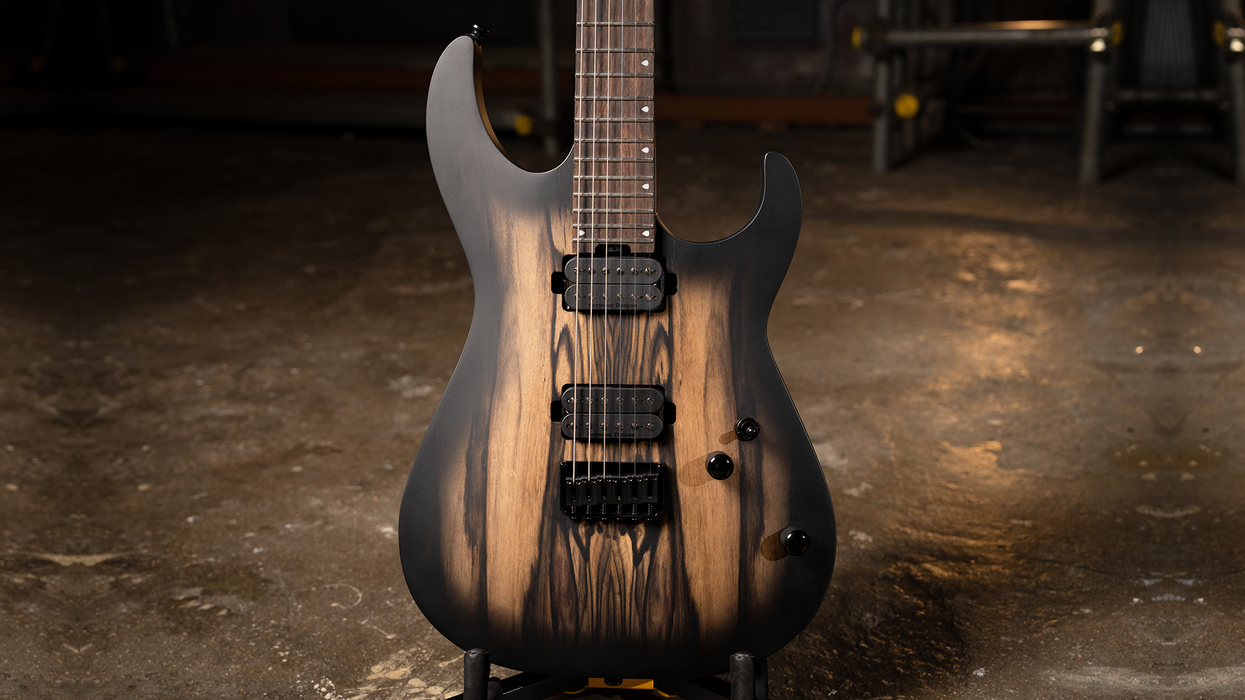
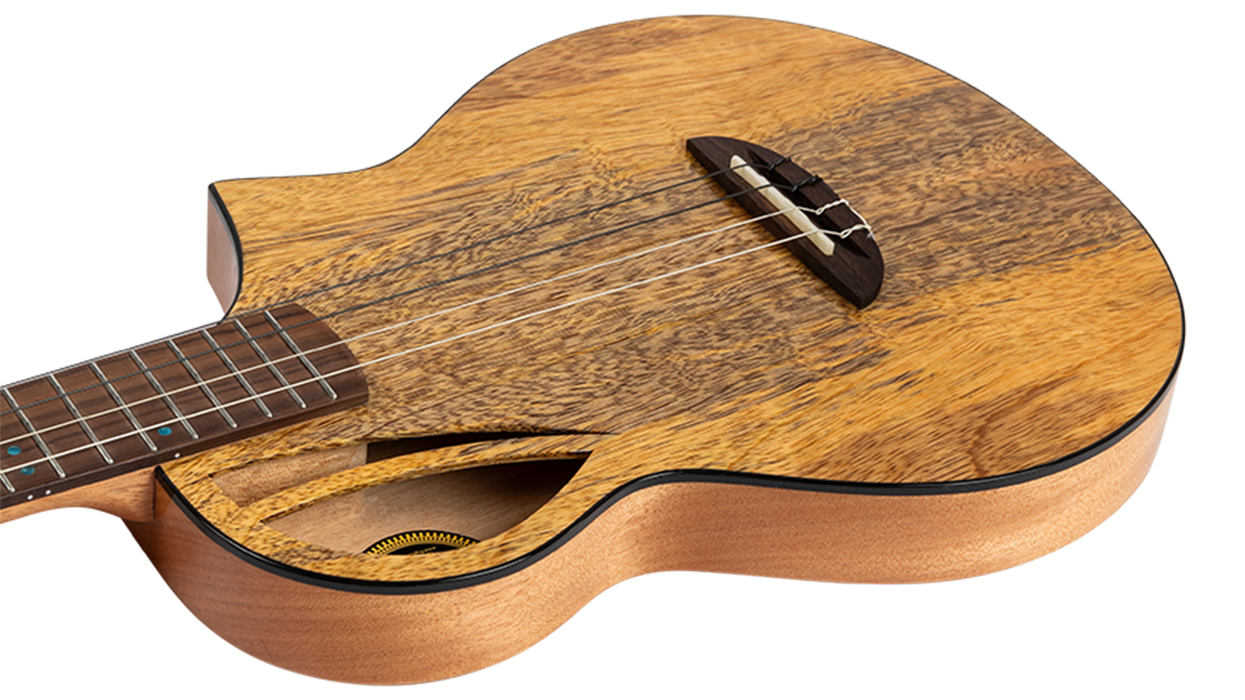

![Rig Rundown: Russian Circles’ Mike Sullivan [2025]](https://www.premierguitar.com/media-library/youtube.jpg?id=62303631&width=1245&height=700&quality=70&coordinates=0%2C0%2C0%2C0)






